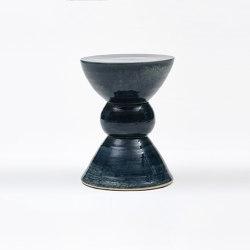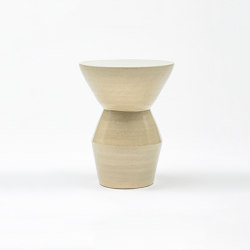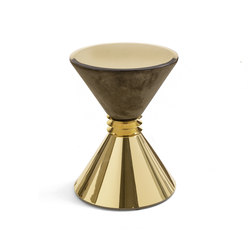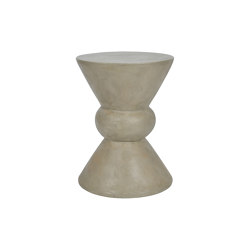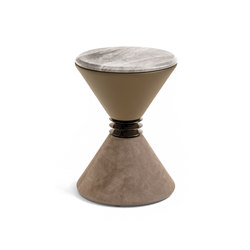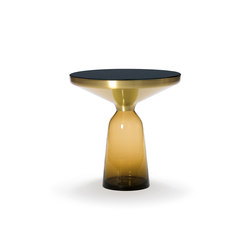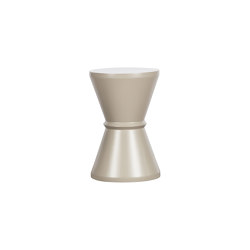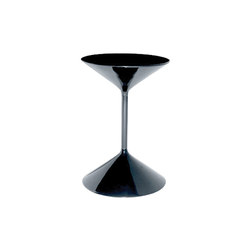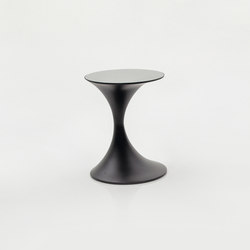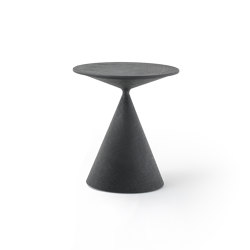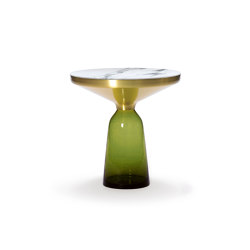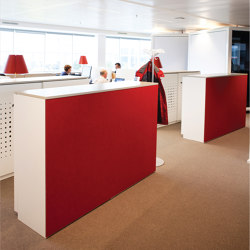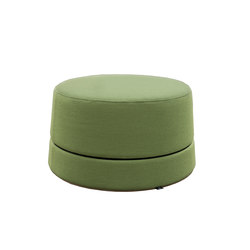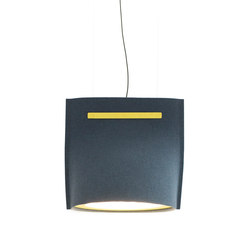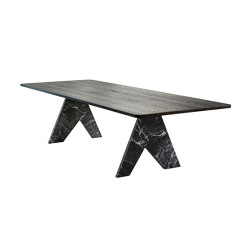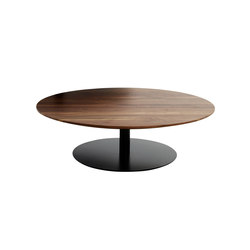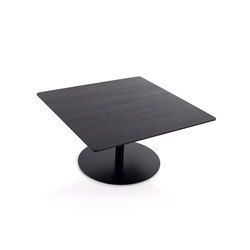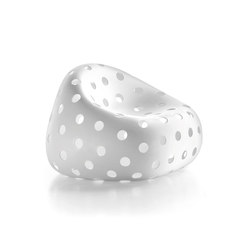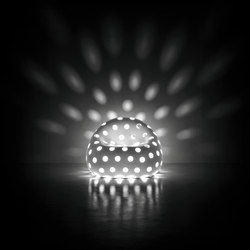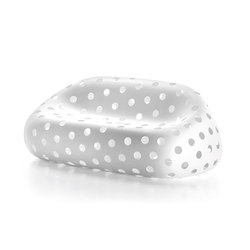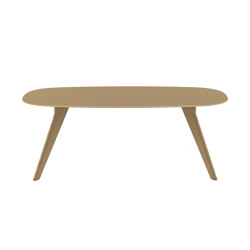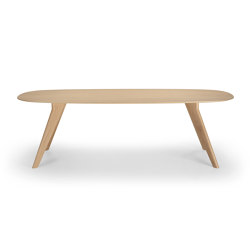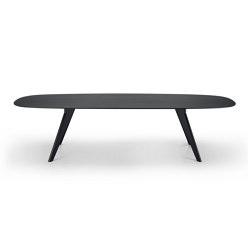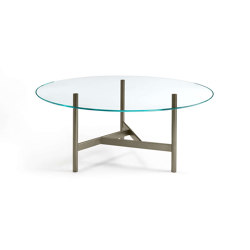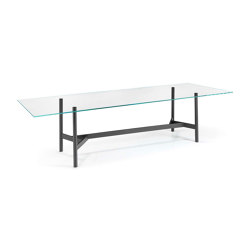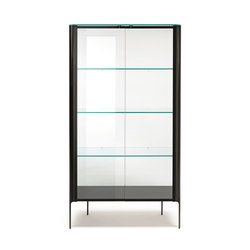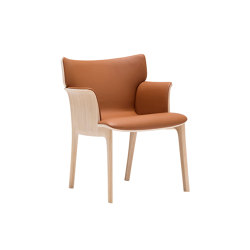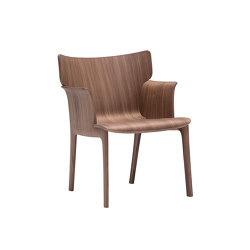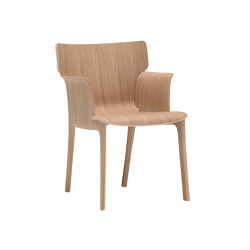stoneware sculpture
Side tables from Time & Style
Product description
Φ320×H420
Concept
Stoneware sculpture is the realization of the long-cherished desire to make furniture from ceramics. The side tables are made of semi-porcelain, a hard ceramic between porcelain and earthenware, and have been created and commercialized since 2015 by Shimada Gama pottery. Shimada Gama is pottery of Iwami Yaki ware made from the clay of the Iwami region of western Shimane Prefecture. Clay from this region is very hard and contains less iron, just like stoneware made in the United Kingdom. The furniture was named stoneware sculpture because only a craftsman performs all processes from preparing the clay, throwing the sculpture on the potter’s wheel, and making the glaze to calcining in a climbing kiln. The large ceramic furniture is hard and heavy and requires the physical strength and skills supported by will power and passion, pride in work, and respect for fellow workers.
Originally in the western part of Shimane Prefecture, the tough, hard pottery Sekishu Gawara roof tiles and water jars used to be manufactured and distributed throughout Japan. The clay of the region is salt-proof, damp-proof, and shuts out the air, so it is suitable for roof tiles, water jars, and pickle jars. The Gotsu area used to be a prosperous major ceramic industrial district with many potteries. However, as the times changed, chemical products and metal goods have spread around the country. Nowadays, Sekishu Gawara roof tiles and Iwami Yaki ware are created in just a few potteries. Iwami Yaki ware is hard semi-porcelain and calcined with an intense heat of 1,200 to 1,300 degrees Celsius, so it is appropriate for large water jars. The wares are made with a technique unique to Iwami Yaki in which the craftsman extends the shino-zukuri or tama-zukuri clay into strips and piles them into a circle, and then uses the whole body to shape the form while turning the potter’s wheel. This technique requires substantial strength and expertise to form the piece without hesitation and stopping.
We began making the side tables with Iwami Yaki ware after seeing a small lidded pot. This simple container had tiny craze patterns on the surface, and the glaze was clear with a hint of pale green. That simple, modest presence seemed to represent the characters of the potter and the locality. The pale green pot with craze patterns was so unforgettable that we looked for the pottery, and in 2015, we visited Shimada Gama pottery in Gotsu City, Shimane Prefecture. Gotsu is about three hours from Izumo City by car in the same prefecture. It is on the Japan Sea, but has a mild, almost tropical climate with a preserved and rich natural environment. Shimane Prefecture has famous potteries in Izumo, and where Bernard Leach often visited for the folklore movement. Even now, many potteries and manufacturers belong to the movement. Attracted by the simplicity of its ages-old indigenous climate, we used the technical skills to create the large jar and used the hardness of the clay for manufacturing. Thus, stoneware sculpture was born as an inevitable consequence.
Originally in the western part of Shimane Prefecture, the tough, hard pottery Sekishu Gawara roof tiles and water jars used to be manufactured and distributed throughout Japan. The clay of the region is salt-proof, damp-proof, and shuts out the air, so it is suitable for roof tiles, water jars, and pickle jars. The Gotsu area used to be a prosperous major ceramic industrial district with many potteries. However, as the times changed, chemical products and metal goods have spread around the country. Nowadays, Sekishu Gawara roof tiles and Iwami Yaki ware are created in just a few potteries. Iwami Yaki ware is hard semi-porcelain and calcined with an intense heat of 1,200 to 1,300 degrees Celsius, so it is appropriate for large water jars. The wares are made with a technique unique to Iwami Yaki in which the craftsman extends the shino-zukuri or tama-zukuri clay into strips and piles them into a circle, and then uses the whole body to shape the form while turning the potter’s wheel. This technique requires substantial strength and expertise to form the piece without hesitation and stopping.
We began making the side tables with Iwami Yaki ware after seeing a small lidded pot. This simple container had tiny craze patterns on the surface, and the glaze was clear with a hint of pale green. That simple, modest presence seemed to represent the characters of the potter and the locality. The pale green pot with craze patterns was so unforgettable that we looked for the pottery, and in 2015, we visited Shimada Gama pottery in Gotsu City, Shimane Prefecture. Gotsu is about three hours from Izumo City by car in the same prefecture. It is on the Japan Sea, but has a mild, almost tropical climate with a preserved and rich natural environment. Shimane Prefecture has famous potteries in Izumo, and where Bernard Leach often visited for the folklore movement. Even now, many potteries and manufacturers belong to the movement. Attracted by the simplicity of its ages-old indigenous climate, we used the technical skills to create the large jar and used the hardness of the clay for manufacturing. Thus, stoneware sculpture was born as an inevitable consequence.
More about this product
Categorised in Tables - Side tables - Tabletop round - Central base - closed base - Natural stone - Tabletop natural stone - Base natural stone - Residential - Contract - Hospitality.
Part of the collection
LOW TABLE / SIDE TABLE.
Manufacturer
Time & Style
Family
Stoneware sculpture
Architonic ID
20086125
Order number
TSSG105
Year of Launch
2015
Similar products
Related Projects
Related Articles
This product has been archived. Product information may no longer be up to date.
Similar products
Where to buy this product
Where to buy this product
